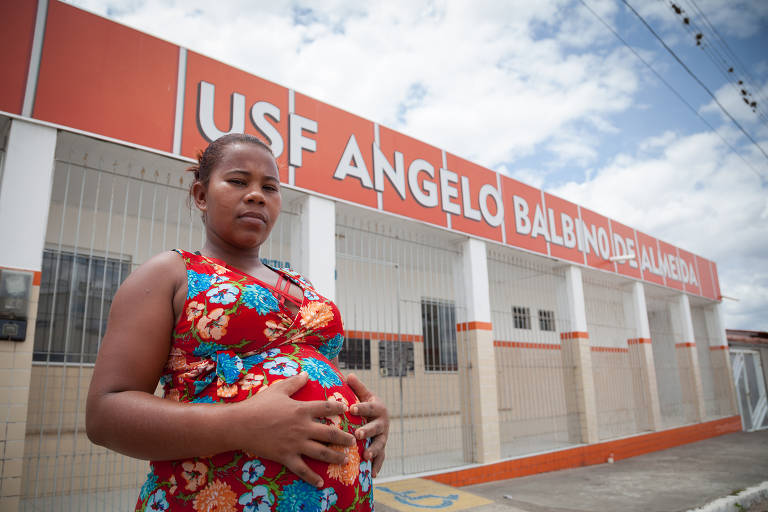Jaqueline Teixeira Lopes, a six-month pregnant 23-year old, is expecting her daughter Pâmela with uneasiness, in Guaribas, in the countryside of Anguera, a town 96 miles away of Salvador (BA). She does all her prenatal care, including monthly visits, at the local public clinic.
But Lopes doesn't know what will happen in the next few months - her doctor is one of the four Cuban professionals from the Mais Médicos program that work in her town. Cuba withdrew from the program, after disagreeing with the conditions imposed by president-elect Jair Bolsonaro, and all Cuban doctors working in Brazil are expected to leave Brazil by the end of November.
Anguera, population 10,000, is one of 11 towns in Bahia that will be left with no doctors.
The Brazilian National Confederations of Municipalities says that 1,478 towns rely on at least one Cuban doctor in their departments of health - but the municipalities might have doctors from the civil service or other programs. Other association estimates the towns that will be left with no doctors in 611.
The distribution of Cuban doctors from the Mais Médicos program around the country shows that at least 10% of them are located in very poor parts of Brazil, like the Northeastern backcountry, and Ribera (SP), Jequitinhonha (MG) and Mucuri (MG) valleys. Other 6.5% of doctors are in 100 towns with populations of over 80,000 with low tax bases and high social vulnerability.
The government announced a countrywide recruitment effort to fill open vacancies with Brazilian doctors, to help minimize the impact of the Cuban doctors' departure.
Translated by NATASHA MADOV
